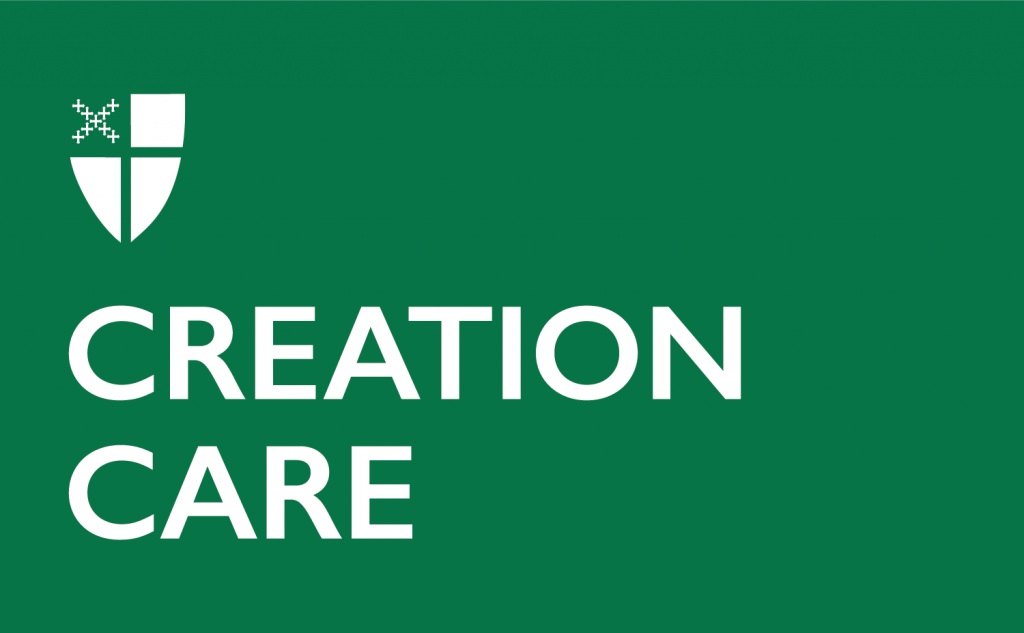Session Titles and Curriculum Authors
Section One | What is God’s Dream?
Session One | God So Loved the World | Author: The Rev. Canon Stephanie Spellers
Theme: Exploring God’s love for creation and forming small group circles through storytelling by articulating individual experiences of love and grief in relation to creation.
Session Two | Water & Our Baptismal Covenant | Author: Canon Ashley Hubbard
Theme: Connecting the work of creation care to our baptismal covenant through water stewardship.
Session Three | A Vision for Right Relationship with the Land & Covenant with the Creator | Author: The Rev. Rachel Taber-Hamilton
Theme: Participating in story-sharing from an Indigenous perspective: land; living in “right-relationship” with creation; and Indigenous sovereignty and stewardship.
Section Two | Truth-Telling
Session Four | We Have Not Loved Our Earth as Ourselves | Author: Payton Hoegh
Theme: How did we get here? Exploring humanity’s role in climate change and environmental crises.
Session Five | Our Health, the Earth’s Health: Environmental and Public Health | Author: Adrienne Elliott
Theme: Truth-telling about the intersections of environmental health and public health.
Session Six | Lives in Peril: Extreme Weather and Disaster | Author: The Rev. Richard Acosta
Theme: Migration, refugees, and climate crisis.
Section Three | Restoring the Covenant, Repairing the Earth
Session Seven | God Works with Our Broken Hearts: Grief, Repentance and Reckoning | Author: Payton Hoegh
Theme: Exploring climate grief, lament and repentance
Session Eight | A Better World is Possible: Communities Organizing for Change | The Rev. Jemonde Taylor
Theme: Imagining community organizing and impact at the parish level.
Session Nine | Resilience along the Way of Love | Author(s): Adrienne Elliott and Sarah Nolan
Theme: Resilience and discernment toward environmental care and action.
*Note – links to sessions (above) require the Curriculum Password. Register here to receive the password.
Authors
The Rev. Richard Acosta Rodríguez
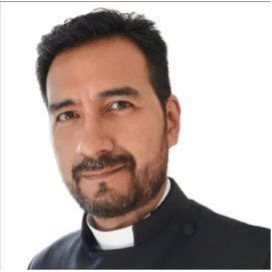
The Rev. Richard Acosta Rodríguez is a priest of the Episcopal Diocese of Colombia in Province IX of The Episcopal Church. He holds bachelor’s, master’s and doctoral degrees in theology and is a professor at the university and at the Centre for Theological Studies in the Diocese of Colombia. Rodríguez is also in charge of the Mission San Benito de Nurse and has spent the last 10 years researching the relationship between theology, the Bible, and the environment. His book, “Dios, Hombre, Creación,” was published in 2014.
Adrienne Elliot
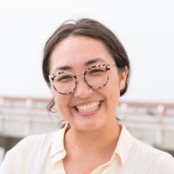
Adrienne Elliott works for the Episcopal Diocese of Olympia in Western Washington as the program coordinator for multicultural ministries and community transformation, which also includes creation care. In 2022 she finished her master’s degree in climate science and policy at Scripps Institution of Oceanography where she focused on growing the Episcopal Diocese of San Diego’s Creation Care Community. Adrienne is passionate about intersections of environmental justice, grassroots organizing, and activating the church for partnership with the wider community. In her free time, she enjoys coaching high school cross-country and track.
Payton Hoegh
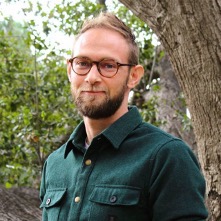
Payton Hoegh is the program director for the Center for Spirituality in Nature. A postulant in the Episcopal Diocese of Los Angeles, he is passionate about community weaving, ecology, environmentalism, agriculture, justice, and equity. He holds a Master of Divinity degree from Claremont School of Theology. Hoegh has worked as chaplain and director of a faith-based young adult service program as well as a communications professional, specializing in creative digital design and storytelling for church and nonprofit partners. He also founded All Wanderers, an interfaith community that gathers in nature to hike, break bread, and engage what it means to be a spiritual being in the contemporary world. Hoegh lives with his wife, Jazmin, and cat, Zooey, in a tiny home near the Angeles National Forest in California.
Ashley Hubbard
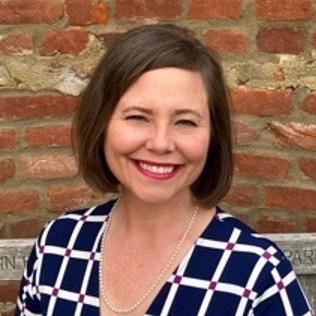
Ashley Hubbard (enrolled, Cherokee Nation) was born and raised outside of Montgomery, Alabama. She is the canon for formation for the Episcopal Diocese of South Dakota and serves The Episcopal Church as the secretary of the Task Force on Indigenous Liturgy and as a member of the Executive Council Committee for Indigenous Boarding Schools and Advocacy. As a former microbiologist, high school science teacher, and recent Virginia Theological Seminary graduate, Hubbard is passionate about ecotheology, environmental justice, and exploring the implications of God’s call for humanity to be in covenant relationship with creation. In her time off, she enjoys spending time outdoors with her husband of 20 years, the Rev. Joe Hubbard; their three children, Hill, Hattie, and Hannah; and two family dogs, Bubba and Bella.
Sarah Nolan
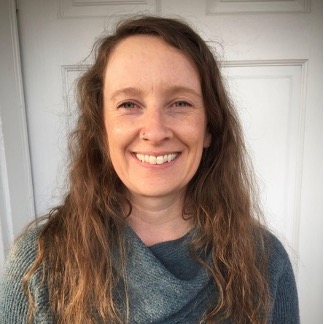
Sarah Nolan is originally from a small town in New Mexico and spent most of her early adulthood in and around the Los Angeles region. She was a cofounder of The Abundant Table, an Episcopal-rooted educational farm and worshiping community in the Episcopal Diocese of Los Angeles, and was active in community organizing, cooperative farming experiments, and food justice initiatives in the state of California and the wider Episcopal Church. She recently served as the director of communications and giving at St. Paul’s Episcopal Church in Richmond, Virginia, and now serves as the director of development, giving, and economic justice at All Saints Episcopal Church in Pasadena, California. Sarah is a two-term member of the Episcopal General Convention’s Task Force on Creation Care and Environmental Racism.
The Rev. Rachel Taber-Hamilton
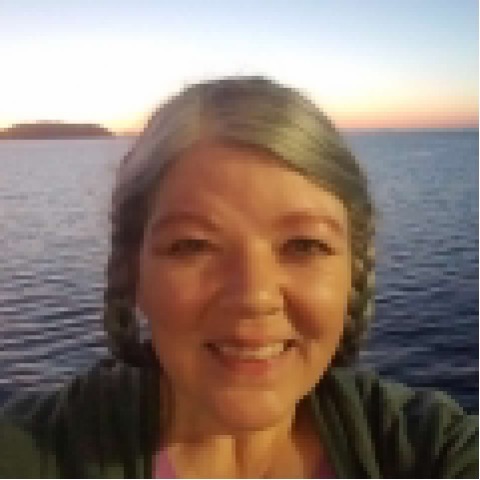
The Rev. Rachel Taber-Hamilton is an Indigenous ordained priest in The Episcopal Church. As a Shackan First Nation person, she represents The Episcopal Church on the board of the Anglican Indigenous Network and was part of the project team for the network’s video series, “Prophetic Indigenous Voices on the Planetary Crisis.” She served on The Episcopal Church delegation to the United Nations Permanent Forum on Indigenous Issues and on Episcopal Church Presiding Bishop Michael Curry’s delegation to United Nations Climate Change Conference (COP26). She has written articles addressing Indigenous concerns for Anglican Theological Review, including “The Necessity of Native American Autonomy for Successful Partnerships” and “When Creation is Sacred.” Taber-Hamilton is the rector of Trinity Episcopal Church in Everett, Washington, and serves as vice president of the House of Deputies of The Episcopal Church.
The Rev. Jemonde Taylor
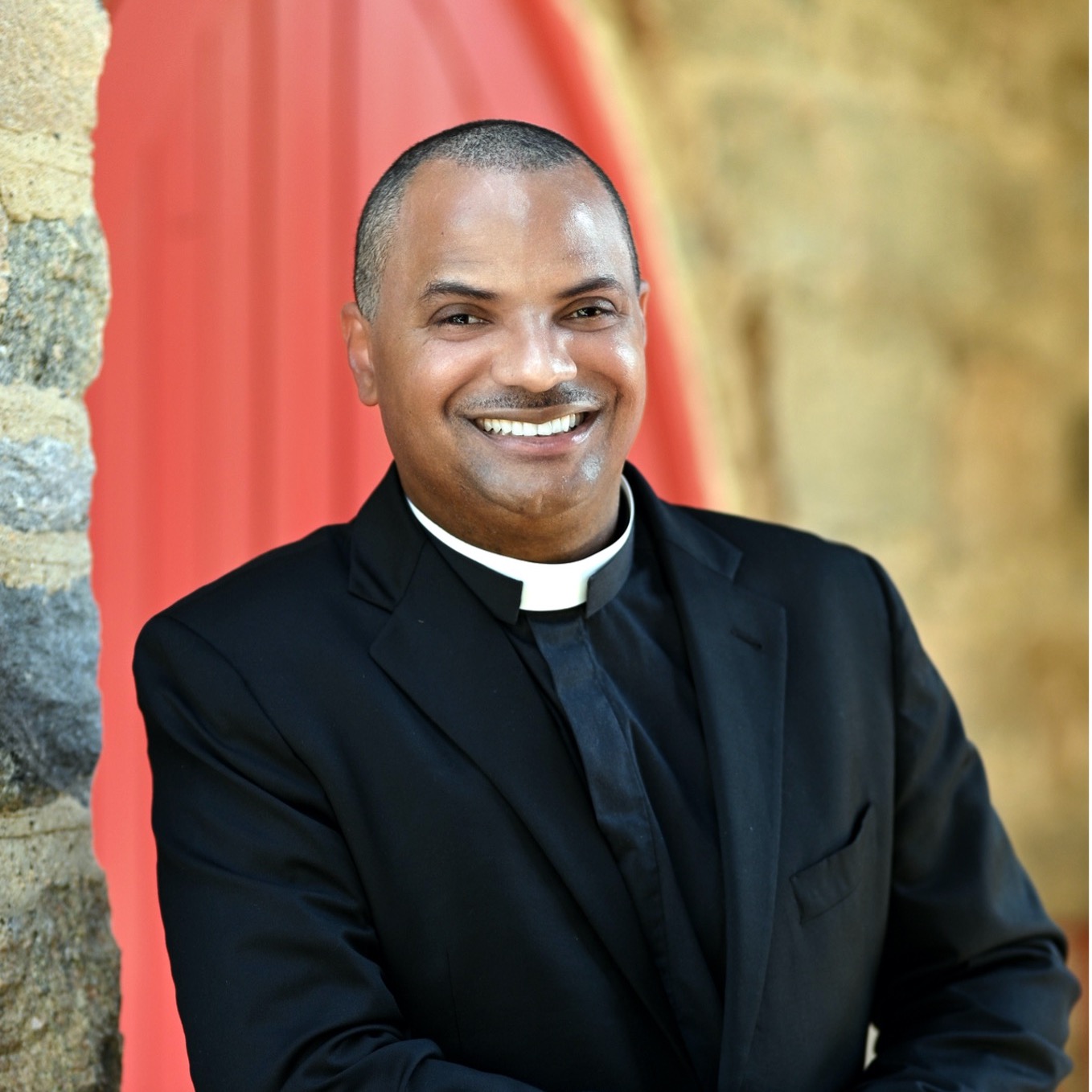
Since 2012, the Rev. Robert Jemonde Taylor has served as the 11th rector of the historically African American Saint Ambrose Episcopal Church in Raleigh, North Carolina. The church is in the Walnut Creek Wetland floodplain, where Raleigh released raw sewage for 70 years and then zoned the area as a community for Black residents. The church responded by helping found an environmental nonprofit, Partners for Environmental Justice, and partnering with Raleigh to create a $2 million environmental educational center and the Walnut Creek Wetland Park. Taylor holds a Bachelor of Science in mechanical engineering from North Carolina State University and a Master of Science in mechanical engineering with a concentration in robotics and vehicle design from Stanford University. He worked for Michelin Tire Company for three years before entering seminary and earning his Master of Divinity from General Theological Seminary. Learn more at his website (https://www.jemonde.com/).
The Rev. Canon Stephanie Spellers
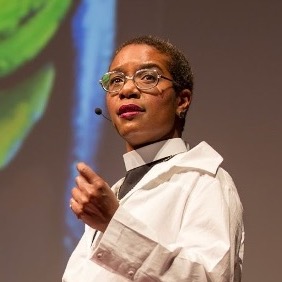
The Rev. Stephanie Spellers serves as canon to Presiding Bishop Michael B. Curry and spearheads Episcopal efforts around evangelism, reconciliation, and creation care. Her newest books are “The Church Cracked Open: Disruption, Decline and New Hope for Beloved Community” and an updated 15th anniversary edition of “Radical Welcome: Embracing God, The Other and the Spirit of Transformation,” featuring new reflections by Spellers and other leaders (released November 2021). She has served as chaplain to the Episcopal House of Bishops, directed and taught mission and evangelism at General Theological Seminary, and served as a canon in the Episcopal Diocese of Long Island. Before that, she founded The Crossing, a groundbreaking church within St. Paul’s Cathedral in Boston, and led numerous churchwide renewal and justice efforts. A native of Frankfort, Kentucky, and a graduate of both Episcopal Divinity School and Harvard Divinity School, she and her husband, Albert deGrasse, make their home in New York’s Harlem neighborhood. Learn more about her recent works at www.churchcrackedopen.com.

